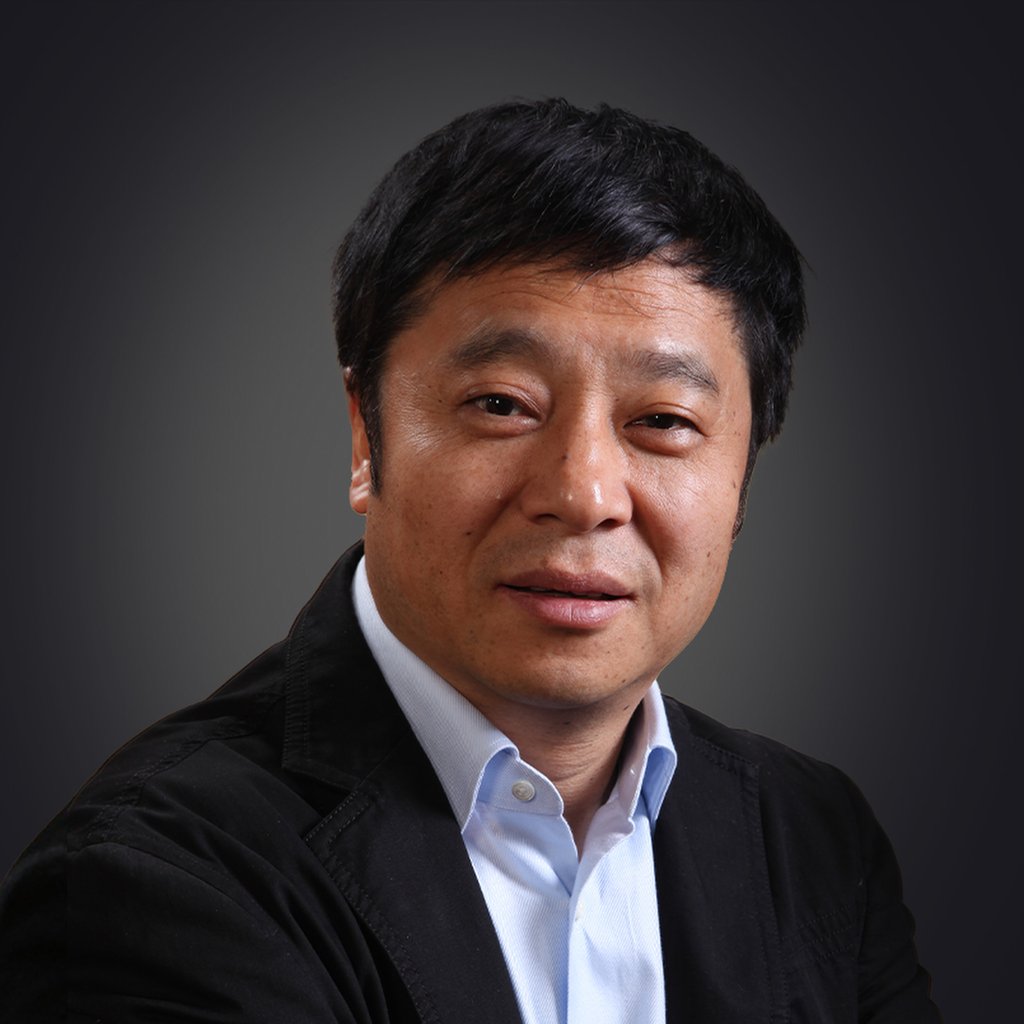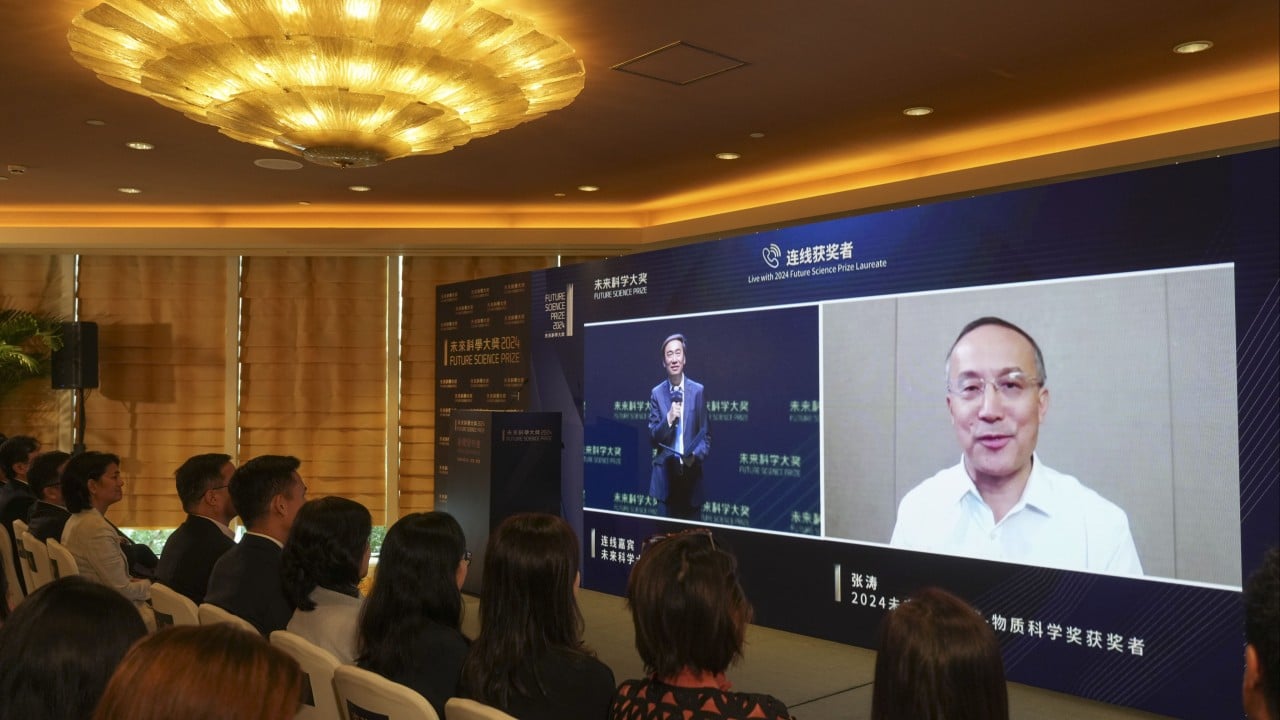Four mainland Chinese scientists have been named as winners of this year’s Future Science Prize, China’s first privately-funded science award, with a prize-giving ceremony to be held in Hong Kong for the second time in a row.
The prize presentation ceremony will also wrap up the “Future Science Prize Week” series of events between October 30 and November 3, which will feature a youth dialogue with this year’s laureates.
Professor Shu Chi-wang, chairman of the event’s science committee, highlighted how one awardee received 17 peer review letters this year from international colleagues hailing from multiple renowned universities across the Americas, Europe and Asia.
“I hope that the awardees of the Future Science Prize will multiply like stars … their contributions will be as wide as the galaxy and illuminate every corner of the halls of science,” he said.
The award is split into three specific categories, namely life science, physical science, as well as mathematics and computer science. Each prize has a reward of US$1 million.
Inaugurated as China’s first privately funded science award in 2016, the Future Science Prize recognises scientists who have made groundbreaking scientific and technological achievements in the Greater China region, regardless of nationality.
The Life Science Prize went to Deng Hongkui from Peking University, who was awarded for his “pioneering work” on using small molecules to change cell fate and state, especially in reprogramming somatic cells into pluripotent stem cells.
“Deng’s seminal and transformative work has opened a new route for cellular reprogramming, with broad and long-term impact on stem cell research and regenerative medicine,” the Future Science Prize committee said.
For the Physical Science Prize, it was shared between Tsinghua University’s Li Yadong and Zhang Tao from the Dalian Institute of Chemical Physics.
They were awarded for their seminal contributions to the development and application of a process known as single-atom catalysis.
Zhang was awarded for the work that he and his team had done in developing single-atom catalysis, while Li was awarded for his and his colleagues’ efforts in refining the methods for the process.
The Mathematics and Computer Science Prize was awarded to Zhejiang University’s Sun Binyong for his work in representation theory of Lie groups, a mathematical concept.

The award ceremony will also be held in Hong Kong for the second time in a row since 2016. The previous editions before 2023 all took place in Beijing.
The ceremony will mark the conclusion of the “Future Science Prize Week”, also in its second edition, which will feature a series of events that include forums, conferences and a youth dialogue with laureates of the prize.
Organisers expected the event to match the viewership to the previous year, noting that their science symposium attracted 7.46 million viewers online and the Future Science Prize Week events garnered more than 11 million worldwide.
They also said they face no difficulty inviting overseas scientists to attend the award ceremony, despite geopolitical tensions.
Nobel laureate in Chemistry Benjamin List, Fields Medal awardee Efim Zelmanov and Wolf Prize recipient Peter Zoller will be among the line-up of special guests organisers said would attend the Future Science Prize award ceremony in November.
“Unless they have prior commitments, otherwise, they would love to come,” said Vivian Yam Wing-wah, co-chairman of the 2024 Future Science Prize Week Programme Committee.


